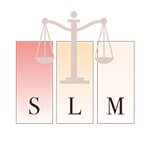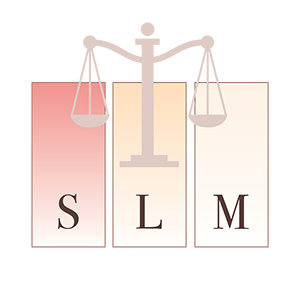Legal Requirements for Intended Parents
Mexico has become an increasingly popular international destination for surrogacy, […]
How is the well-being of a surrogate mother ensured during a surrogacy process?
Ensuring the well-being of a surrogate during a surrogacy process […]
Travel documents and French Intended Parents carrying out a surrogacy journey in México
One of the primary concerns frequently expressed by foreign intended […]
Surrogacy in Mexico: Legal Insights and Key Information
Surrogacy in Mexico has become an increasingly viable […]







